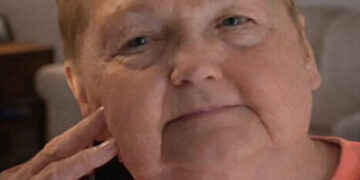Deputies were recently called into a troubling situation that highlights the challenges families and caregivers face when developmentally disabled adults engage in inappropriate or even illegal behavior.
A woman arrived at the sheriff’s office earlier this month to report concerns about a man on her caseload. She explained that on or about August 4, she had been notified that the man—who has an intellectual disability, impulse control disorder, and a history of behavioral problems—had been looking up pornography involving minors.
She told deputies that the man is also a survivor of childhood sexual abuse at the hands of his father, and that his history made the situation even more complex. In response, she said she immediately arranged for 24-hour care, with staff now monitoring him at all times. According to her statement, caregivers have redirected his behavior by purchasing legal adult pornography and starting him in counseling.
The woman said her primary goal in coming forward was to make sure the incident was documented and logged with law enforcement. Deputies took the information for a report.
A Complicated Problem With No Easy Answers
This kind of situation highlights how hard it can be to help adults with developmental disabilities, especially when they may not fully grasp the consequences of what they do. Experts note:
Impulse control disorders can make it difficult for individuals to self-regulate, even when they know certain behavior is wrong.
Survivors of childhood abuse are often at higher risk of repeating cycles of inappropriate behavior without proper intervention.
Caregivers walk a fine line between protecting the community and ensuring that disabled adults receive treatment rather than punishment.
While law enforcement can document incidents, much of the responsibility falls on caregivers, counselors, and social services to prevent escalation and ensure that individuals receive the structure and therapy they need.
The case shows us that communities must balance public safety with compassionate care when addressing situations involving adults with developmental disabilities.
If YOU were in charge of this investigation, what would you do?




















































































